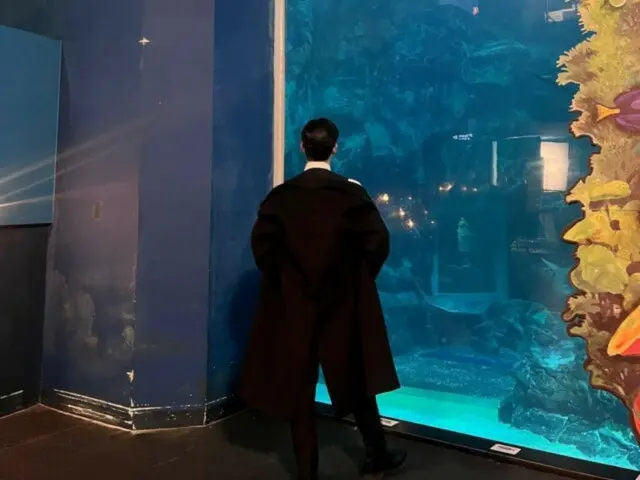 |
Professor Kang Sammo of the Department of Economics, Dongguk University, South Korea, who is the chairman of the Korea International Financial Society, will hold a US-Korea summit meeting on May 21st in a telephone interview with Edaily on May 5th. He insisted that the new government of South Korea, Yoon Seok-you, should promote the task of making the US-South Korea currency swap permanent. There are two main reasons why Professor Kang thinks a permanent currency swap with the United States is necessary. One is that even if there is a large amount of foreign currency reserves, it is not possible to reduce the volatility of the won market in a crisis situation, and the other is that the cost burden of continuing to increase foreign currency reserves is large.
Professor Kang said, "After the currency crisis in 1997, South Korea has been steadily making efforts to accumulate foreign currency reserves, and as a result, it has accumulated more than 250 billion dollars in 2008. Despite receiving the evaluation that "this level is enough", the Korean exchange market became even more uneasy than the US dollar when it was hit by the global financial crisis originating in the United States. "The won exchange rate, which was 1560 won (about $1.4) for the first time in a few months, but it was the signing of a temporary currency swap with the United States that alleviated this anxiety."
In addition, "It is not possible to accumulate unlimited foreign exchange reserves, and even if the reserves are increased, a large part of the portfolio is dollar-denominated bonds such as US government bonds, and there is almost no interest rate, so the cost burden is large. It is desirable to replace a certain part of the foreign exchange reserve with currency swaps.
If a currency swap is made with the United States, the won can be deposited in an emergency and the dollar can be borrowed at a pre-contracted exchange rate. It means that the effect of increasing foreign currency reserves can be expected. If you compare it to an individual, it's like making a minus passbook that you can withdraw at any time instead of continuing to increase your emergency money in case you need a lot of money. When the global financial markets were shaken by the 2020 COVID-19 pandemic shock, the extraordinary currency swap between the US Federal Reserve (Fed) and South Korea was $60 billion. It was a scale.
As of the end of last month, South Korea's foreign exchange reserves were $458.8 billion, ranking eighth in the world. However, although this foreign currency reserve is 28% of the gross domestic product (GDP), research shows that the reserve must exceed 50% of GDP in order to prepare for a crisis. The Bank for International Settlements (BIS) also recommends that South Korea's fair foreign exchange reserves be worth $930 billion.
In particular, the inclusion of the Morgan Stanley Capital International (MSCI) developed country index promoted by the Korean government is also expected to increase the need for such permanent currency swaps. Professor Kang said, "In order to enter the developed country index, it is necessary to open the foreign exchange market 24 hours a day, but it is inevitable that the volatility of the won will increase in this process. It's better to sign a currency swap."
In this way, the benefits of concluding a permanent currency swap with the United States are great, but it seems unlikely that the United States will actually accept it. Professor Kang also questioned the feasibility, saying, "In fact, the United States is trying to avoid such currency swaps with countries that have experienced currency crises in the past, such as South Korea." However, "(Korea) The new government is trying to strengthen the US-ROK alliance, and the participation of Korean companies is increasing in the process of supply chain restructuring that the US government is strongly promoting, so the Korean market and economic stability are the national interests of the United States. It is necessary to convince them that it is also useful. " He advised, "The government is worried, but we must also find out what incentives South Korea can offer to convince the United States."
Regarding the scale of the permanent currency swap with the United States, "The signing of a currency swap with the United States itself has the symbolism, but it should be too small to have the effect of reducing the volatility of the foreign exchange market. It will not be, "he said, and it must reach the $60 billion level that was concluded in 2020. In addition, "If the new government improves relations with Japan just because it has signed a currency swap with Japan in the past, it will simultaneously promote the conclusion of currency swaps with the United States and Japan, for a total of 100 billion dollars (about 13.26 trillion). It will be effective if we secure that amount of money."
2022/05/12 09:28 KST


